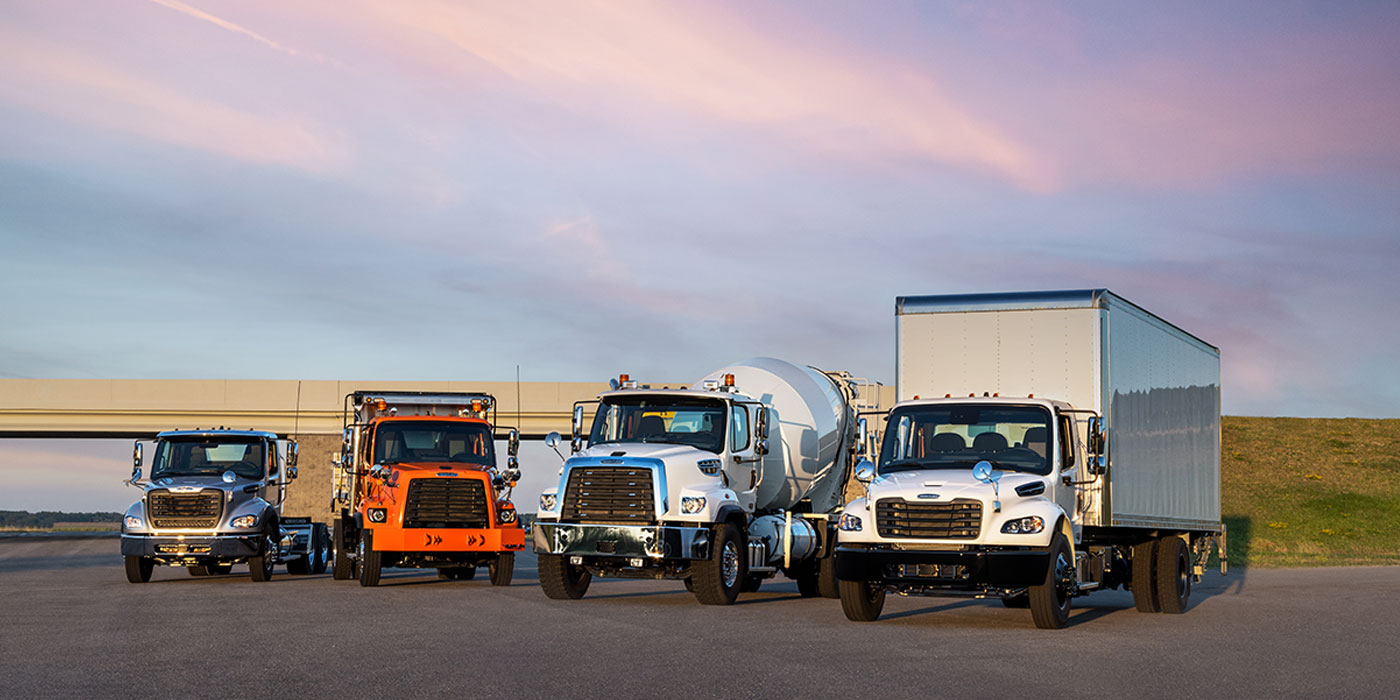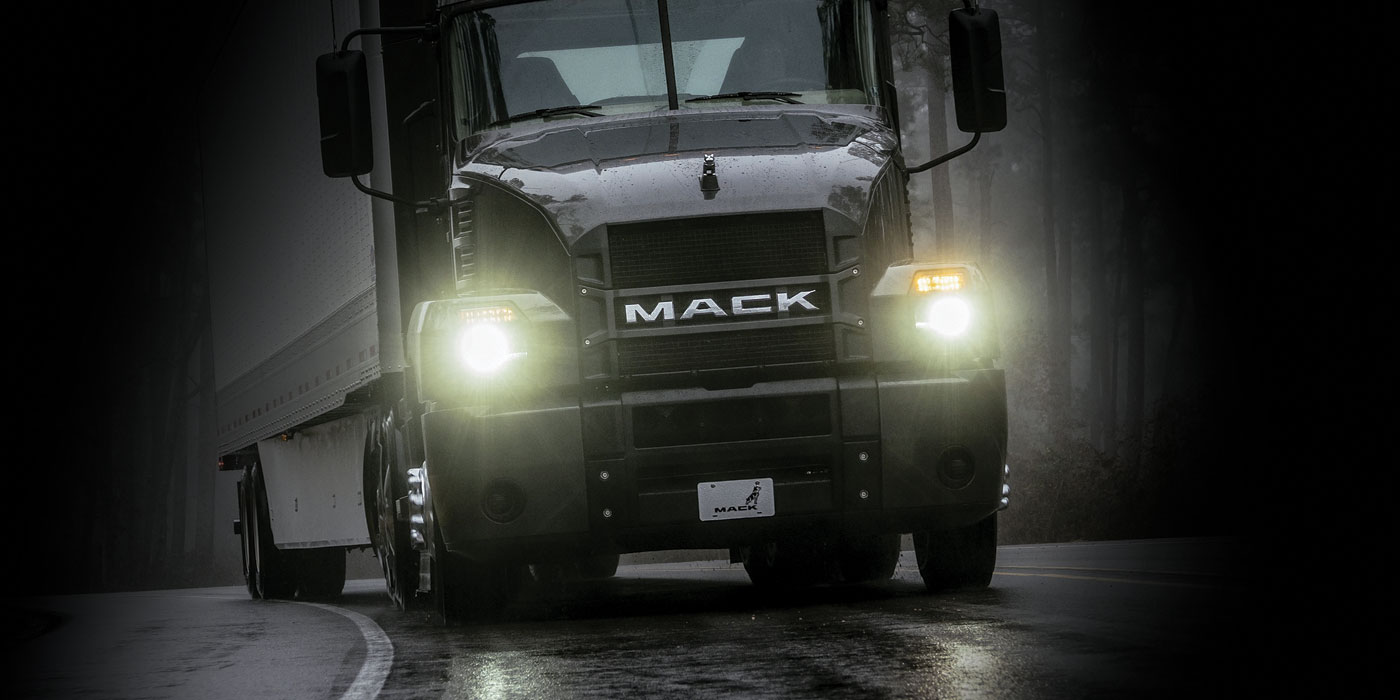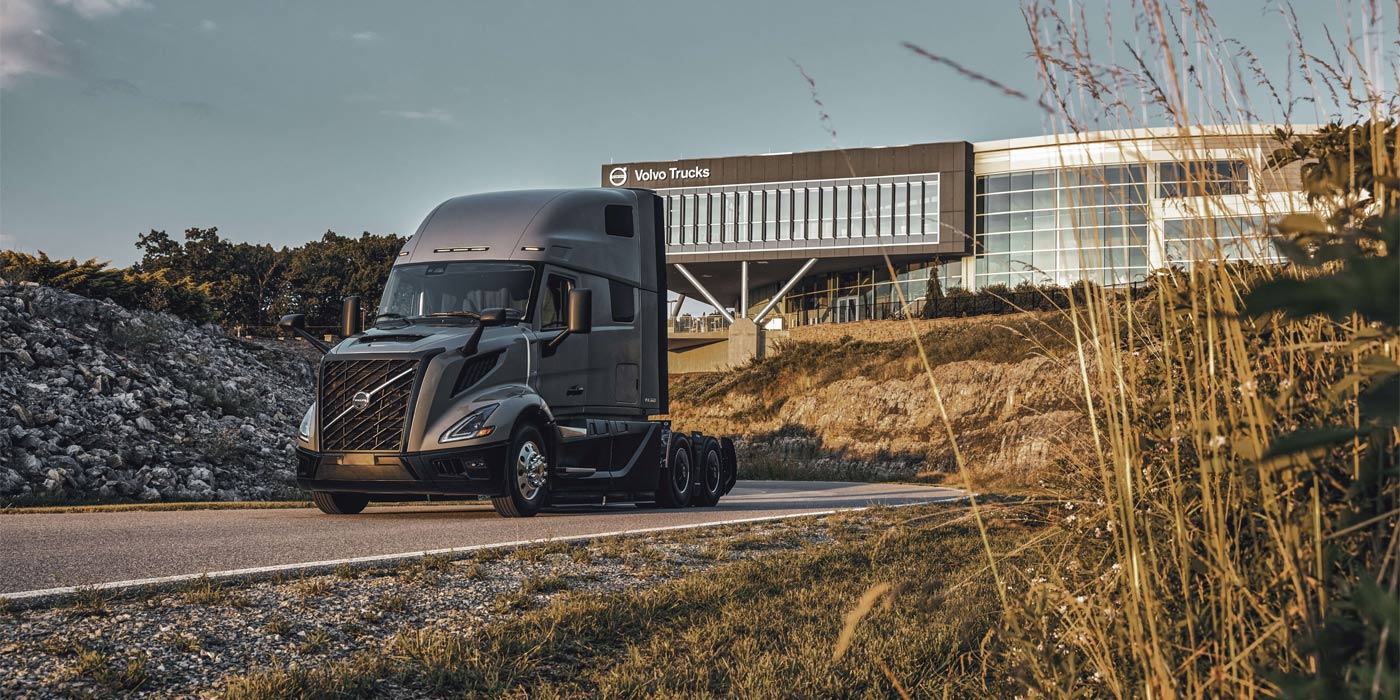Some interesting talking points came out of the FTR Conference, held recently in Indianapolis. Arguably, the most important conclusion is also one that should seem the most obvious. As we move towards a regulatory environment in which GHG emissions reduction—and therefore fuel efficiency improvements—is paramount, both large and small fleets are welcoming a reduction in operating costs. Moreover, they are keen to invest in the technology that allows for these improvements to continue to be made. As a function of this, the argument surrounding vertical integration—or the specifying of an integrated powertrain—are beginning to fade. Clearly, some fleets will remain married to the idea of components sourced and specified separately, but the volume surrounding this debate is considerably lower than it was 12 months ago. Two takeaways here: Efficiency is key, and integration is, for many, a non-issue. While this attitude is one that shouldn’t be a huge surprise, it does throw out some thorny questions that fleets need to begin to consider carefully.
The trading cycle is fundamental to the viability of a trucking fleet. Get it right and you’re good. Get it wrong and you enter a world of pain. Up until recently, the trading cycle has been a relatively simple thing to manage. Take EPA ‘07, for example. Here was a situation in which a truck acquired on December 31, 2006, was infinitely preferable to one acquired a day later. Regulation made the latter costlier to buy and costlier to run. Hence the pre-buy as buyers moved to reduce the impact upon their businesses and hence the ability to trade out of trucks at a reasonable rate as buyers who were less willing to adopt new technology were prepared—sometimes at a premium—formed a ready market for second hand trucks.
It isn’t difficult to see this situation changing rather markedly. If, as the FTR conference implies, there is a willingness to invest in new, more efficient, more expensive trucks, then what is going to happen to those that are traded against them?
Let’s go back to the 2007 example. It would be entirely understandable for a buyer to eschew 2007 compliance and invest backwards. 2010 is a bad example to use, as the adoption of SCR flashed some red lights, but with the benefit of hindsight, pre-buying EPA ‘07 trucks against what are now demonstrably more efficient products was not such a good move.
So what happens next? A trucking fleet wants to maximize its efficiency and will invest ahead, all other things being equal. But the residual value of that which that fleet is trading will surely fall; there is no implied or actual advantage to be had in terms of acquiring an older truck that is costlier to manage. Logic suggests that the same truck will be worth a lot less. There is a significant potential to come fairly unstuck here.
So what is going to happen? My sense is that we are entering a period in which an awful lot of things are about to change, but key among these is the attitude towards ownership. A trucking fleet does not make money by simply owning a truck. What pays the bills is the work that truck does. That hasn’t changed, but the complications of ownership have increased exponentially.
This seems to be a perfect opportunity for the leasing companies, as fleets now need to future-proof themselves. It is difficult to see, without significant mass and scale, how they can do that.














